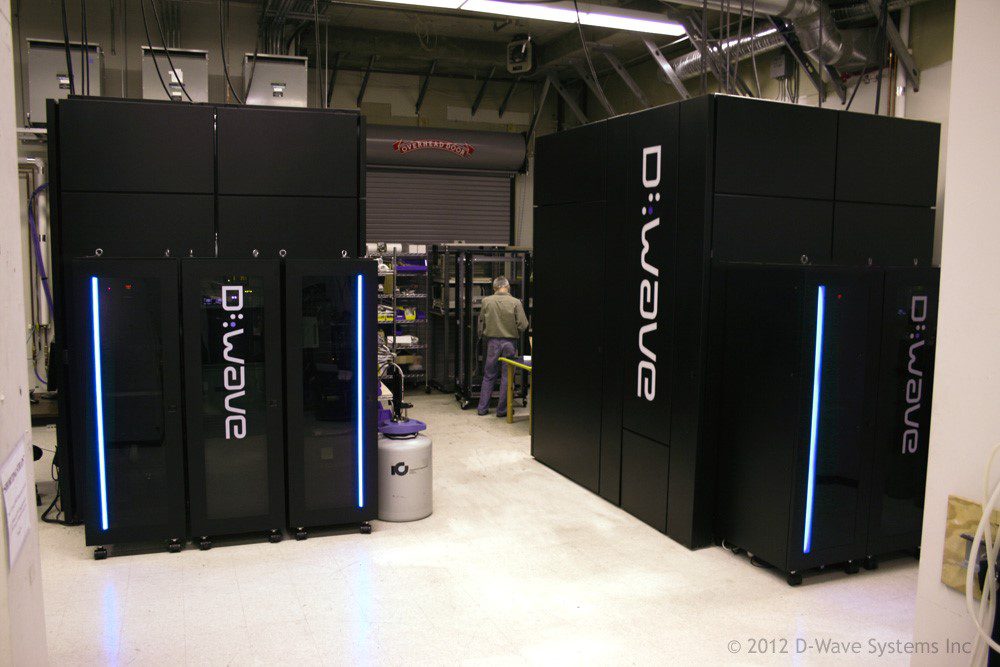The concept of Quantum Computers has undergone Research and development for a few decades now, and the outcome has been quite promising too. The notion of conventional computers becomes totally vague when compared to the specifications of Quantum Computers. Quantum computers function on a totally different concept. You might be familiar with the concept of quantum mechanics/quantum nature of light but the idea of quantum computers is totally out of the box. The development on this project was started in early 1980s under the guidance of Richard Feynman (Theoretical Physicist) and it was believed that the field of quantum computing could take the entire world into a giant leap of success. Let’s have a brief look at the current scenario:
Processing
Conventional computers store information in the form of bits and bytes and the scope is only limited to 0s and 1s, thus flexibility in conventional computers is restrained. On the other hand, Quantum computers use a totally different form of data storage called “Qubits”. Qubits are not only restrained to values such as 0 and 1, in fact they also provide a possibility of the information being intermediate (Superposition) between 0 and 1. Thus, making them more flexible and reliable for massive calculations. For better understanding about the qubits, these are various but stable energy levels of the sub-atomic particles or photons in three-dimensional space. Each sub-atomic particle in the collection of qubits can be used to represent a variety of information or data.
Related: Quantum Computing and Neural Chips
This flexibility can be explained by the concept of superposition of various energy states. Qubits also increase the processing speed of the computers and display results at the rate of nanoseconds (average). Sometimes it is also possible to obtain the results at an even faster rate i.e. at picoseconds. The laws of Quantum physics, which govern the microscopic world, allow bits of mater to be in two states simultaneously. All modern-day computing relies on the ultrafast manipulation of billions of bits of information. Quantum Computing combines these two concepts, allowing the computers to put bits of information into their 0 and 1 state simultaneously (Superposition), thus making the quantum computation powerful and fast.
Market & Scope of Quantum Computers:
Due to its precise and accurate calculations, the demand of quantum computers has progressively increased. Many enterprises have started investing in quantum computers insteead of conventional Super Computers. One such company that has been dedicated to working on the concept of quantum computing is “D-wave”. They have successfully developed a 512 qubit chipset. Dimensionally, the chipset is as big as a bedroom. This is required in order to maintain the required superconducting conditions. It is believed this chipset will shrink to the size of a desktop CPU in the near future.
The major reason for the success of quantum computers over super computers is the flawless security provided by the quantum computers. Many governments have already installed quantum computers for military and medical security.

Future Development of Quantum Computers
A joint venture to explore the potential of quantum computing was initialized by Google and NASA in May 2013. This makes the idea of quantum computation more valuable than ever. Google and NASA are collectively working to develop a completely integrated ‘Quantum Artificial Intelligence Lab’. The notion of crypto-analysis has gained some weight by the introduction of Q-computing in the security field. Many governmental agencies, Military and Private Institutions have started using Q-computing to enhance the level of personal and public security.
It is believed that the revolution of Quantum computing is in its initial stages and a lot of transformations are needed to make it handy. Until then the conventional computers will continue to rule over the world. But, in the coming future the demand of Quantum computers will is sure to witness a multifold increase. Thus the idea of merging quantum mechanics and computation is a remarkable spectacle in itself. There is lot more to come from this end of technology. We just have to wait and watch.